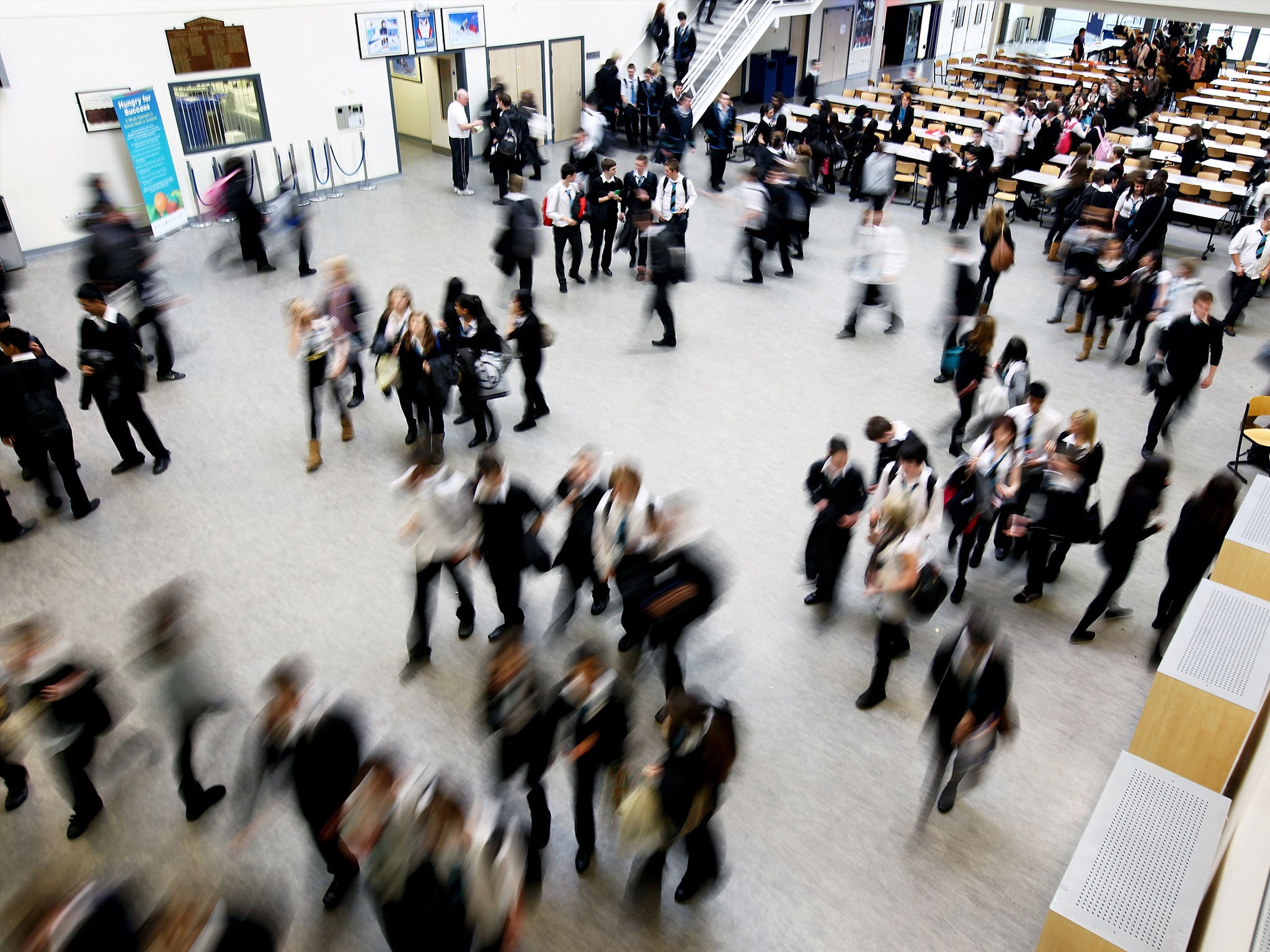Schools lie to parents of vulnerable children and say they have no room amid league table pressures, report claims
Chief adjudicator expresses concerns some pupils ‘spend more time out of school than they should’

Schools are lying to parents of children with additional needs by saying they are full when they are not amid concerns about league table performance, councils have suggested.
And in some “disturbing” cases, schools have been encouraging families to educate their children at home as an alternative to being excluded, the schools adjudicator highlighted.
Shan Scott, the chief schools adjudicator, said today in her annual report on school admissions that she was “concerned” that vulnerable children “spend more time out of school than they should”.
“There seem to be particular challenges in securing appropriate provision in year for looked after children who also have special needs,” she acknowledged.
In her annual report, Ms Scott said: “Some schools said that they were full when this was not the case when they were approached by parents enquiring about a place.”
And councils reported to the chief schools adjudicator that it was “most likely” to occur if a child had additional needs or English as an additional language (EAL).
In some schools, they adopted a policy of refusing all applications in the middle of the year “on the basis that they were full” – but on investigation, councils found that they did have space.
Ms Scott said councils find it most “challenging” to find places for children during the years of Sats and GCSEs.
“[They] report concerns on the part of schools that the admission of such children may have an adverse impact on the school’s performance as shown in nationally reported results,” she added.
The concerns come amid increasing worries about “off rolling” – where schools remove pupils from their books in a bid to improve their exam results and league table position.
And today’s report shows that some local authorities have seen significant increases in the number of children being educated at home.
One council said schools were “off rolling” pupils when their families had no means to educate to “protect their results records and school performance”.
The report, from the Office of Schools Adjudicator (OSA), found that the rise in the number of admission authorities had also made the system “increasingly fragmented” and difficult to regulate.
This increase in own-admission authorities was particularly “confusing for parents”, it said.
In total, the number of objections to admissions policies fell by 42 per cent. Of the new cases, two-thirds of the complaints were about academies and free schools – which set their own admissions policies.
Ms Scott noted that a number of faith schools – which had unclear arrangements over how often and how long a parent should attend a place of worship – also made up a large proportion of objections.
And the number of objections to grammar schools and partially-selective schools rose – in a year when a return to selection appeared to be on the horizon.
Last year, the Conservative manifesto set out plans to review England’s increasingly complex admissions system – but no proposals have been announced since the election.
Subscribe to Independent Premium to bookmark this article
Want to bookmark your favourite articles and stories to read or reference later? Start your Independent Premium subscription today.

Join our commenting forum
Join thought-provoking conversations, follow other Independent readers and see their replies